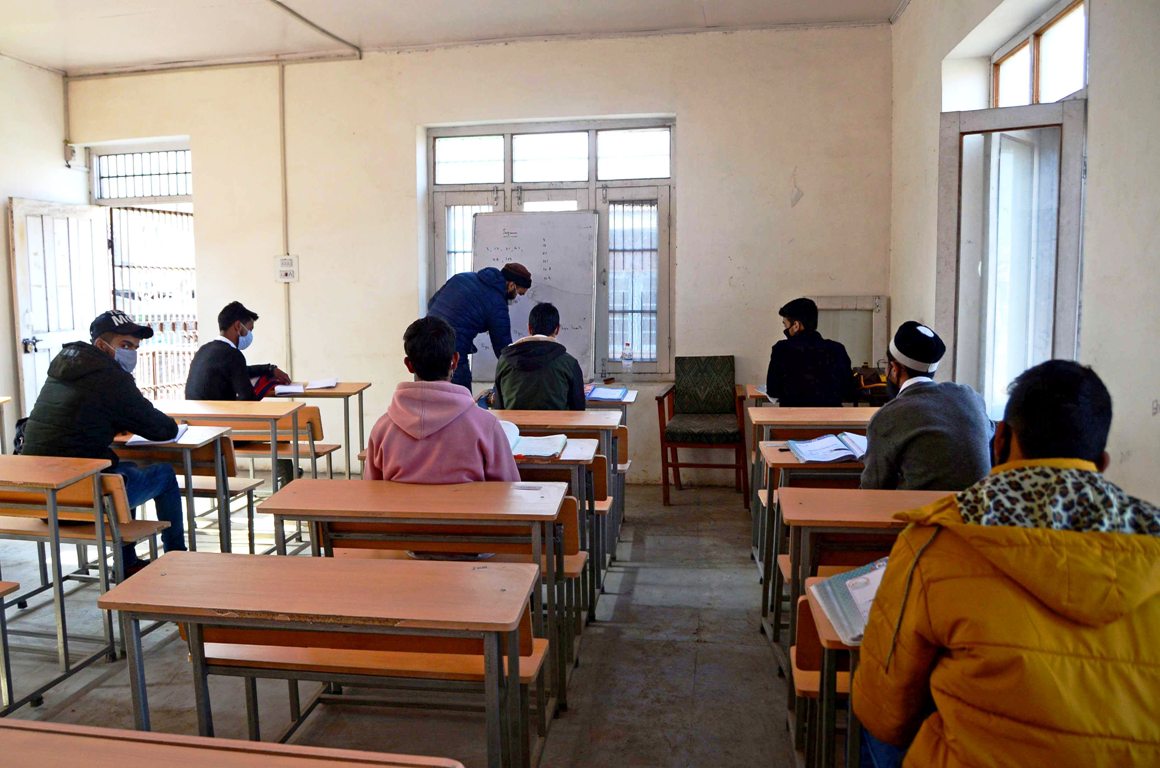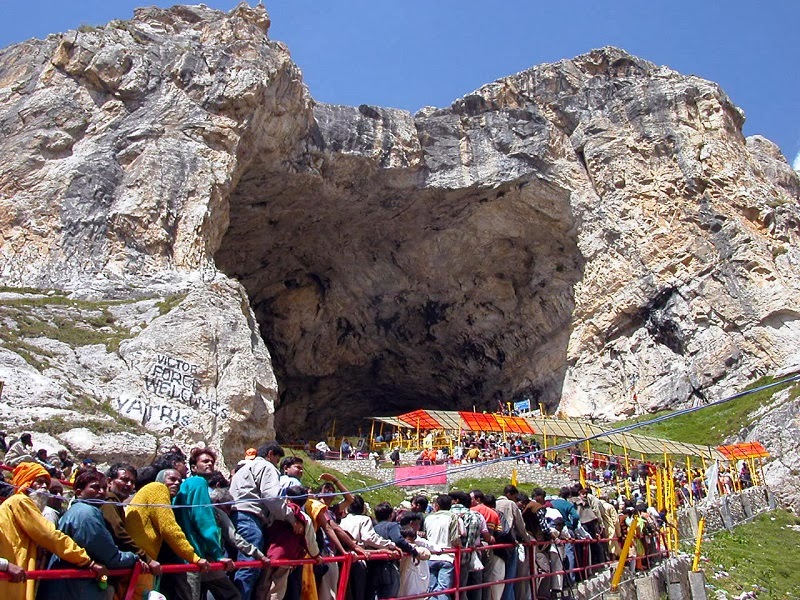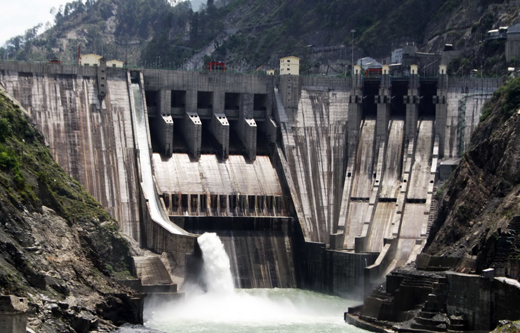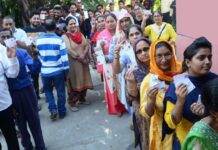by Khalid Bashir Gura
SRINAGAR: Voicing strong concern at the criminal proceedings and investigations by police initiated against the four Kashmiri journalists covering the ground situation in Kashmir, three UN Special Rapporteurs associated with the United Nations High Commissioner (OHCHR) have made public their letter that has not been responded so far.
The letter denounces the alleged harassment meted out to these journalists.
The letter was made public as India did not reply. They had sent the letter to the Ministry of External Affairs on May 12. These communications, under the UN protocol, are being made public in case they are not responded within 60 days.
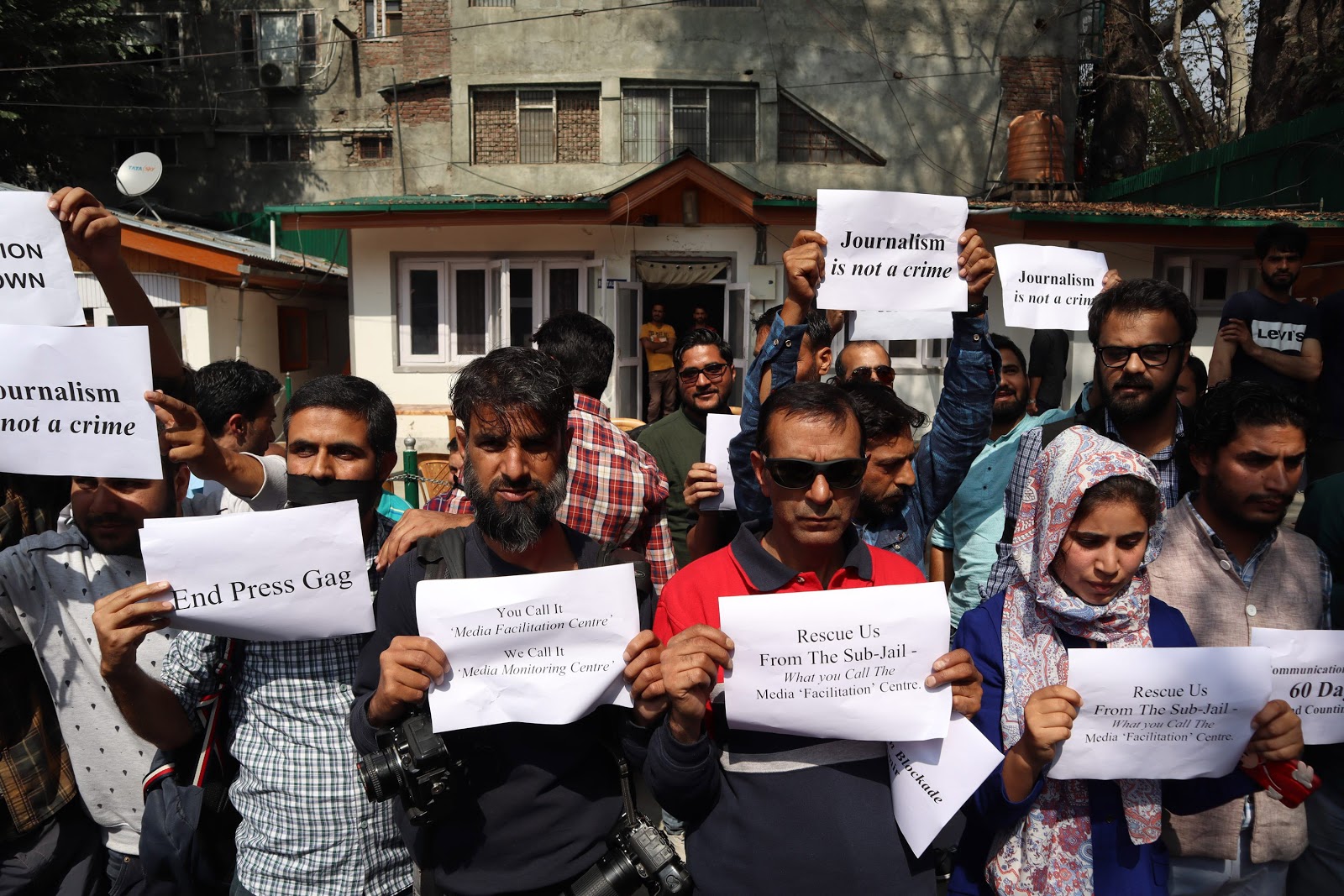
“We would appreciate receiving a response within 60 days. Thereafter, this communication and any response received from your Excellency’s Government will be made public via the communications reporting website,” reads the letter.
It is a joint communication from three Special Rapporteurs – David Kaye, the UN’s Special Rapporteur on the promotion and protection of the right to freedom of opinion; Leigh Toomey, Vice-Chair of the Working Group on Arbitrary Detention, and Mark Lawlor, Special Rapporteur on the situation of human rights defenders.
The detailed letter has expressed concern over the police cases lodged against four Kashmiri journalists: Naseer Ganai, Masrat Zehra, Peerzada Ashiq and Gowhar Geelani.
The UN letter claims it notices a “pattern of silencing independent reporting on the situation in Jammu and Kashmir through the threat of criminal sanction.” The letter further states that “In this regard, we recall that the penalization of a journalist solely for being critical of the government or the political social system espoused by the government is incompatible with the State’s obligation under international human rights law.”
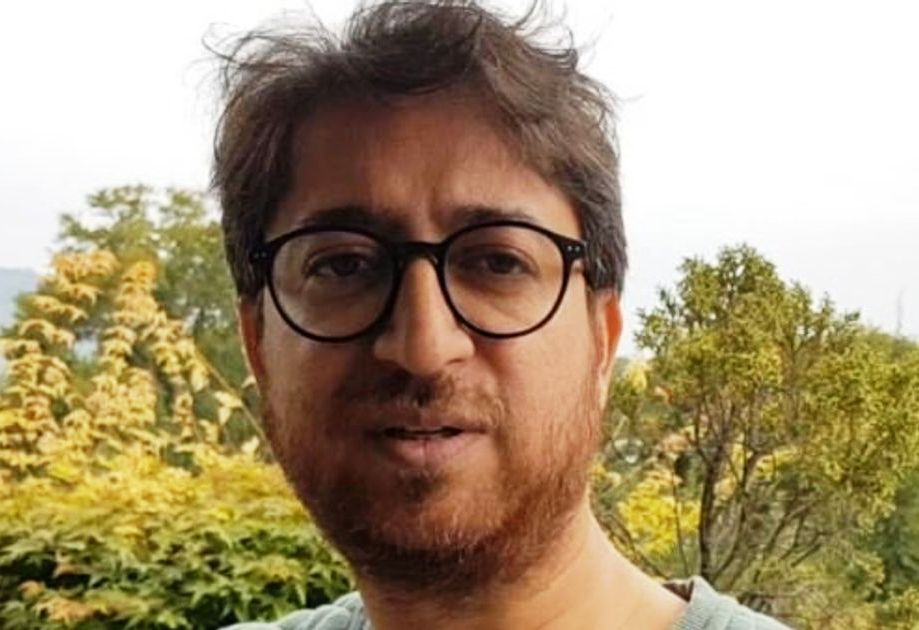
In a chronological sequence, the letter mentions all four cases in detail and retells and reminds Government of India that “journalism constitutes a necessary service for any society, as it provides individuals and society as a whole with the necessary information to allow them to develop their own thoughts and to freely draw their own conclusions and opinions (A/HRC/20/17 para 3. A free, uncensored and unhindered press and other media constitutes one of the cornerstones of a democratic society (CCPR/C/GC/34/ para. 13.”
The letter takes note and expresses concern of the abuse due to broad scope of section 13 of the Unlawful Activities Prevention Act and section 505 of the Indian Penal Code in the above-mentioned cases of four journalists.
The letter vehemently expresses concern at the apparent disregard by police authorities for the rights of those charged with criminal offences or subject to investigation.

The letter criticizes the government agencies for their purported “disregard for the rights” of the four journalists. “We also express concern at the apparent disregard for the prohibition of unlawful and arbitrary interference in the private life of individuals, and the journalistic privilege,” reads the letter.
The letter mentions the allegation that Naseer Ganai’s computer and the mobile phone was searched without a warrant, and that, in the case of Peerzada Ashiq, that he specifically was requested to reveal the sources of a news item published. It also says that neither Gowhar Geelani nor Masrat Zehra were informed of the charges against them.
The UN Special Rapporteurs also want the Government of India to “ensure the right to effective remedies, including the investigation violations to the rights of the journalists mentioned in the letter.”
The letter introduces the four journalists as:
Naseer Ganai is a senior journalist based in Kashmir and works for a news magazine published in New Delhi.

Masrat Zehra is a freelance photojournalist from Srinagar, Kashmir. She has critically covered various facets of the consequences of the presence in the region of Indian authorities. She also covers regular life in Kashmir amid the heavy militarization.
Peerzada Ashiq is a senior journalist and special correspondent for a daily newspaper in India. His reporting has been focused on human rights issues that arise from dense militarization of the region of Jammu and Kashmir.
Gowhar Geelani is a senior journalist, political commentator, on the situation of Kashmir and author. He has been openly critical of the Indian government’s policies with regard to Kashmir and has spoken and written extensively against the occupation and militarization of Kashmir.
India’s Stand
The government of India relations with the UN HRC have been tense in recent years.
In March 2019, Special Rapporteurs on Extrajudicial Executions, Torture, and Right to Health — Agnes Callamard, Dainius Puras and Nils Melzer — had referred to a June 2018 report of the Office of the High Commissioner of Human Rights (OHCHR) and written to the government in March 2019, asking about steps taken by Delhi to address the alleged human rights violations listed in the report. They had listed “13 cases of concern” from 2018 alone, in which “four children were among eight civilians killed by members of the security forces,” according to a report published in The Hindu.
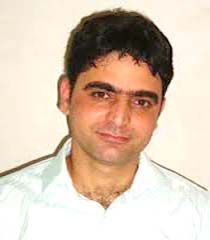
India’s Permanent Mission to the UN in Geneva rejected all claims in its reply to the OHCHR on April 23, saying that “India… does not intend to engage further with these mandate-holders or any other mandate-holders on the issue,” whom it accused of “individual prejudice”. Besides, it also rejected the OHCHR’s report on the ‘Situation of Human Rights in Kashmir’ — the first-ever such report on Jammu and Kashmir that came out in June 2018 — and accused the High Commissioner of Human Rights Zeid Ra’ad Al Hussein of “clear bias” in bringing it out.
“When asked, the Ministry of External Affairs clarified that India’s stand on not engaging with the Special Rapporteurs was only for those wishing to refer to the OHCHR report,” the newspaper reported. “However, UN officials say that India is already in contravention of several Conventions it has committed to, including a “Standing Invitation” signed in 2011 to all special rapporteurs to visit India. According to the UN records, more than 20 such visit requests, including to Jammu and Kashmir, are pending at present. UN sources also said that between 2016-2018, the OHCHR Special Rapporteurs had sent as many as 58 communications, and had received no response other than the April 23 letter on Jammu and Kashmir.”
The HRC website’s special rapporteurs section displays the last response that India’ UN permanent mission at Geneva sent to the Council was on May 27, 2019. It pertained to the state of Rohingya refugees living in India. Since then there have been many communications from the UN Officials but no response from MEA.


